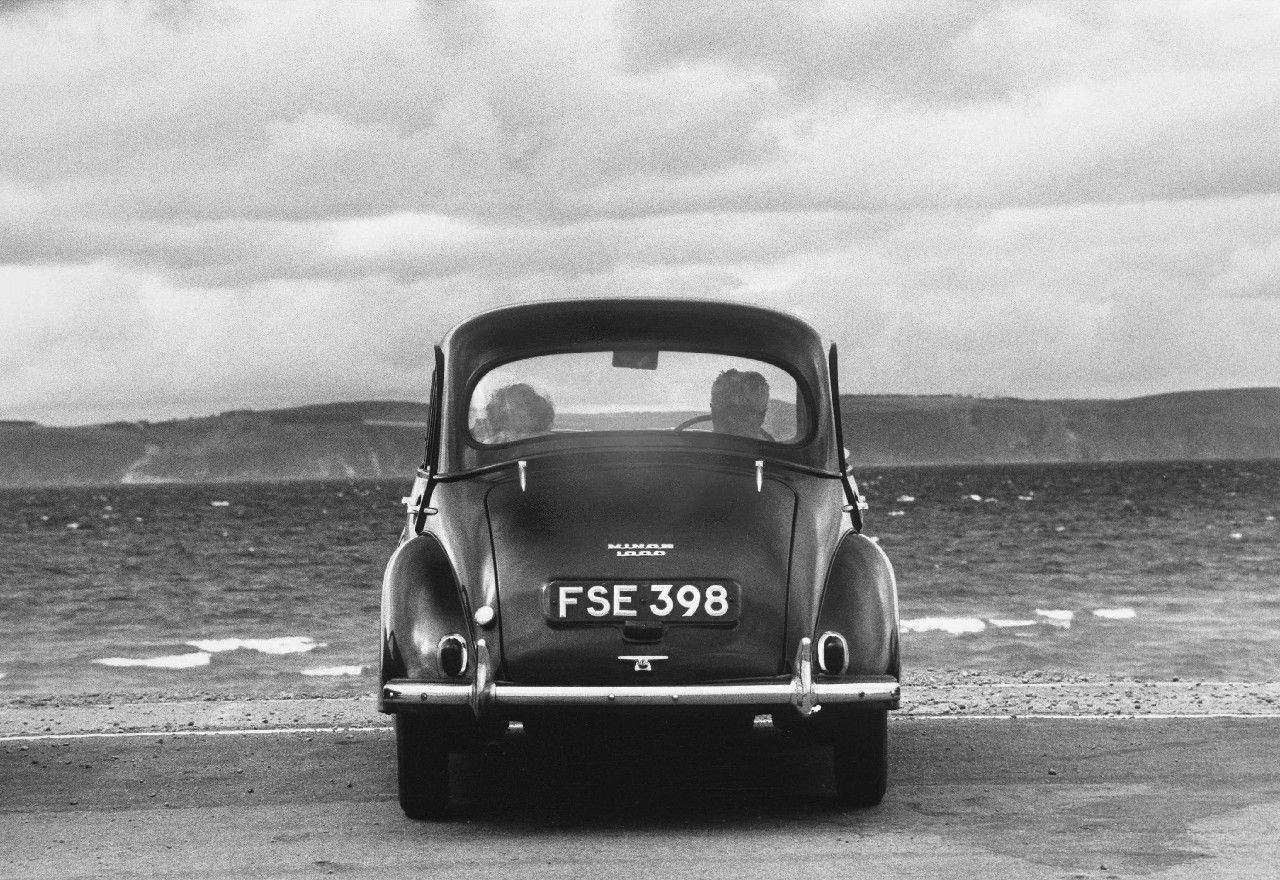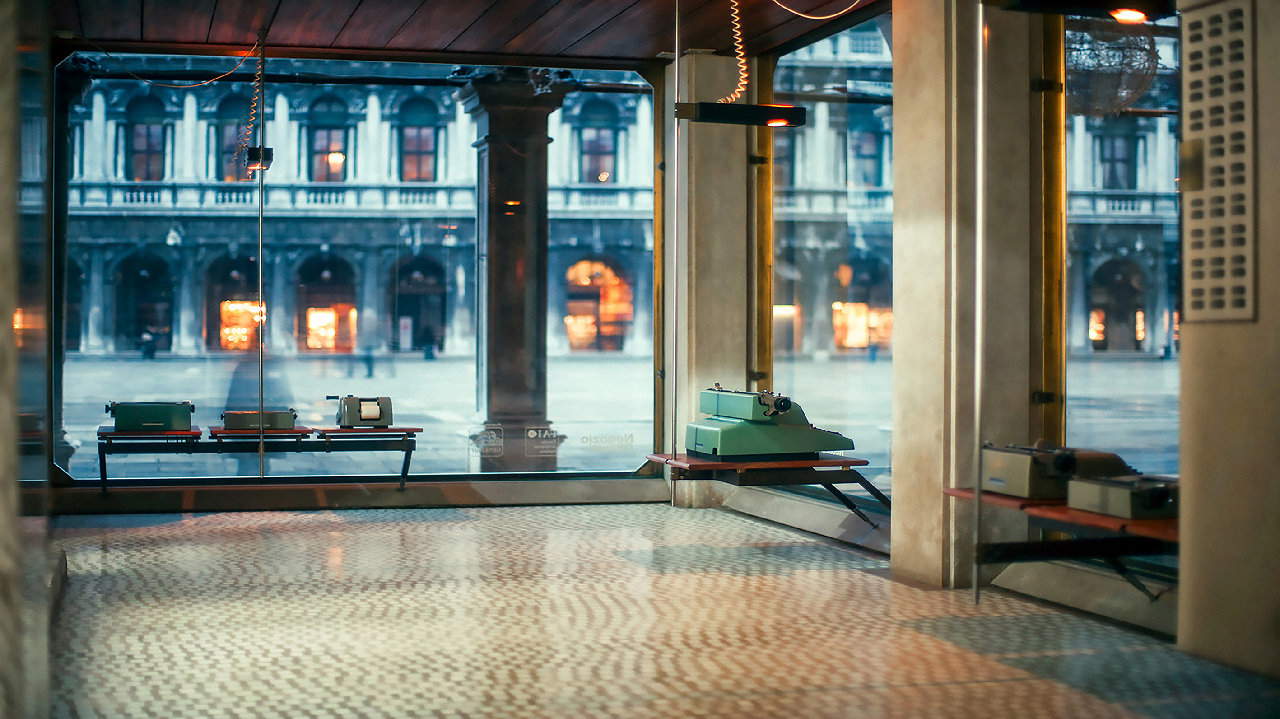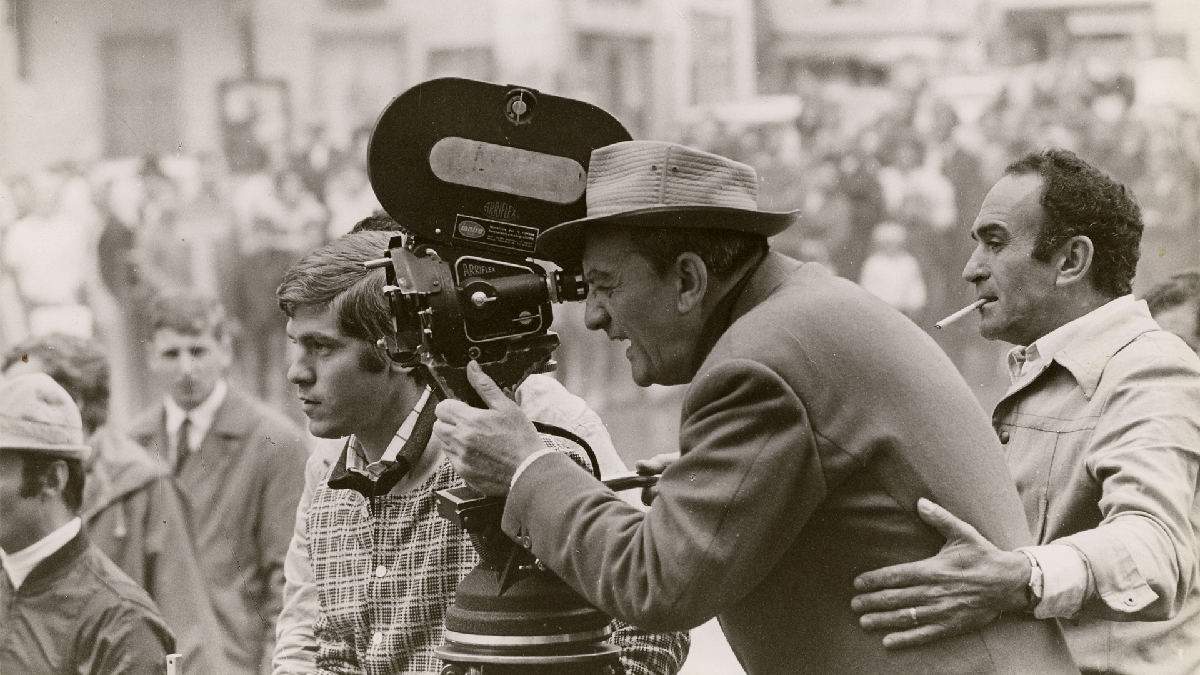Audiovisiva(www.audiovisiva.org), a new on-demand streaming platform dedicated to documentaries on the protagonists of 20th- and 21st-century Italian culture, from Marisa Merz to Gianni Berengo Gardin, from Carlo Scarpa to Michele De Lucchi, from Lina Bo Bardi to Luchino Visconti, is now online. The focus of the films is on encounters with architects, designers, artists, photographers, filmmakers and musicians, who give voice to iconic stories, anecdotes, life stories and projects to be discovered within what the three founders(Francisca Parrino, Alessandra de Antonellis and Barbara Carneglia) call a “digital wunderkammer.”
Audiovisiva intends to represent an innovative model of cultural fruition, with the aim of promoting Italian culture in the world through the use of documentaries. The platform makes use of the best digital technologies available today for the fruition of audiovisuals, and makes use of a multichannel distribution on international markets, aimed at fostering also in Italy the birth of a new model for the use of audiovisuals for educational use, for teaching and research. “Audiovisiva,” the founders explain, “proposes in this way to give the widest dissemination and legal, technological and linguistic accessibility to a heritage that until now has been highly fragmented, little usable and valued, while supporting the creative and production chain of the cultural documentary in a logic of return and circularity.”
Audiovisiva’s collection currently counts on more than 300 documentaries, of a “nonfiction” nature, many of which were no longer available, catalogued by the name of the protagonist or by field of reference: art, architecture and design, photography, films about films. The platform intends to target researchers, professionals, museum curators, enthusiasts, the curious, teachers and students to create a novel map aimed at immersing viewers in Italian culture, starting with its key figures to explore unexpected connections.
 |
| Gianni Berengo Gardin. My life in a click, Max Losito, Italy, 2016, 81’ |
Founded as a Social Enterprise thanks to the support of Fondazione Cariplo, which selected it among the most interesting innovative start-ups on the cultural scene, today Audiovisiva is the only Italian reality admitted as a member of Eurovod, the network of independent European VOD platforms, and the first Italian aggregator for the educational platform Kanopy. “It is a systemic cultural project,” the founders explain, “involving both audiovisual players, as well as archives, foundations, sector festivals, and museums, representing an unprecedented mode of cultural fruition for the user and a new opportunity for visibility, distribution and contact with the public for the documentary production system.”
“Audiovisiva’s goal,” the founders further explain, “is to spread the cultural documentary, supporting its creative chain. That is why we have built a distribution system for works designed to give both visibility and support to those who produced them. Our strategy aims to give a fair return for the work of those who (with writing, filming, editing and endless passion) document, preserve and transmit our priceless cultural history. A value that Audiovisiva seeks not only in award-winning documentaries, but also in those that, while not having had the success and showcase of international festivals, equally represent an indispensable contribution to research and plurality of voices.” In the case of paid documentaries, most of the proceeds from sales are directed to support the creative and production chain. Specifically, 70 percent of the price paid to view films through Audiovisiva’s store goes to those who own the rights to the work (in most cases the director, since these are independent productions). The remaining 30 percent remains with Audiovisiva to support the costs of the platform and the labor required to power it.
“Audiovisiva was born from our passion for Italian culture and our desire to broaden its fruition through documentary film,” says Francisca Parrino, president of Audiovisiva. “This is why we wanted to create a curated platform, without background noise and distractions, offering our research to students, teachers, professionals, the curious and enthusiasts who want to explore the surprising connections and cultural geographies that audiovisual heritage can offer.”
 |
| Genius loci, Riccardo De Cal, Italy, 2014, 30’ |
A never-before-seen collection of documentaries on Carlo Scarpa’s restoration projects; Francesco Clerici’s award-winning film shot in Milan’s historic Fonderia Battaglia during the creation of Velasco Vitali’s bronze sculptures; Lina Bo Bardi ’s visionary project in Bahia; and the account of the life of Arturo di Modica, the Italian artist behind the statue of the famous bull that towers on Wall Street. And then again the masters of photography who from Gabriele Basilico to Gianni Berengo Gardin reveal to the public their different approaches to the image, the great futurist Fortunato Depero recounted in Nello Correale’s syncopated montage, the projects of Alessandro Mendini and Mario Botta. Then there are documentaries on Aalvar Aalto, Cy Twombly, Chet Baker, in-depth looks at the houses where Massimiliano and Doriana Fuksas or Mario Bellini live, the documentary on Alessio Tasca, a ceramist whose graffiti plates made him stand out to Gio Ponti, who took him to the Milan Triennale in 1951 and the following year at only 23 years old to his first Venice Biennale. Then there are the films Michele de Lucchi and on Radical Design, Lisetta Carmi’s voice out of the chorus, the shy Marisa Merz recounted by her friends tracing the early experiments of Arte Povera from the kitchen of her home in Turin, and the documentary on Giuseppe Penone and his landscapes. Also starring Piero Manzoni, with Milan and the iconic Giamaica bar, Fabio Mauri between political works and performances or the portrait of Michelangelo Pistoletto at Cittadellarte signed by Daniele Segre.
There is no shortage of proposals for film lovers: behind the scenes of Luchino Visconti ’s sets in Mario Tursi’s precious set photographs or Giuliano Montaldo who tells how for the soundtrack of Sacco e Vanzetti he managed to put together Baez and Morricone who in a few hours recorded the ballad that became the manifesto of an entire generation. More music with the powerful voice of Rosa Balistreri, the Sicilian Amalia Rodriguez. And finally, the history of Panaria Film, in the story of Francesco Alliata, one of the founders of the small Sicilian production company at the center of the most famous postwar scandal, between Hollywood, Rome and the Aeolian islands: the famous volcano war and its divine protagonists Rossellini, Anna Magnani and Ingrid Bergman.
 |
| Luchino Visconti’s Hidden Angels, Silvia Giulietti, Italy, 2007, 54’. Ph. Mario Tursi |
In order to maximize the possibility of access to documentaries by users around the world, Audiovisiva presents itself with a multichannel distribution model without territorial restrictions: the films in the catalog are accessible, as appropriate, through Audiovisiva’s store or through third-party platforms such as iTunes, Google Play, Amazon Video (only for the United States and the United Kingdom), Vimeo on demand, Kanopy.
In particular, following the model of some major international platforms, Audiovisiva also offers an educational streaming service specifically designed for schools and universities, which can purchase access packages to offer to their students and teachers to watch selected films for free through a dedicated coupon code with individual enjoyment, and then, for example, discuss them in the classroom and deepen some of the areas covered. A proposal already widely used abroad, which Audiovisiva also wants to bring to schools and universities in Italy.
Through the online platform www.audiovisiva.org, equipped with a simple and intuitive interface, it is possible to freely consult the digital library with over 300 documentaries, which are gradually made available for viewing. Each protagonist corresponds to a selection of films, also divided by thematic sections: art, architecture and design, photography, and films about films. Individual films can be rented or purchased without the need for a subscription and, in some cases, can be viewed for free. Added to these is the educational streaming option for schools and universities.
From the digital library it is also possible to activate the My Collection function, creating personal collections to which films can be added or removed. This is also a useful tool to flag any films of interest. In fact, the user who wishes to see a documentary that is not yet available can still add it to his or her collection. In this way it will make it possible to identify the most requested films that Audiovisual will try to acquire and put online among the first ones.
 |
| Audiovisiva, a streaming platform dedicated to documentaries on Italian culture, is born |
Warning: the translation into English of the original Italian article was created using automatic tools. We undertake to review all articles, but we do not guarantee the total absence of inaccuracies in the translation due to the program. You can find the original by clicking on the ITA button. If you find any mistake,please contact us.